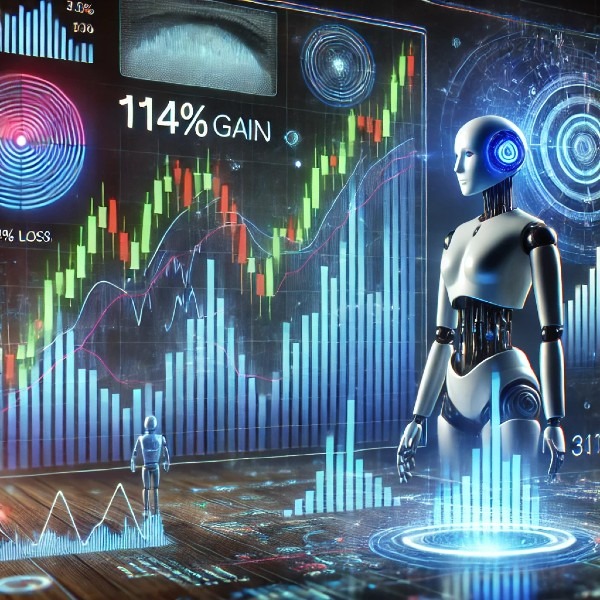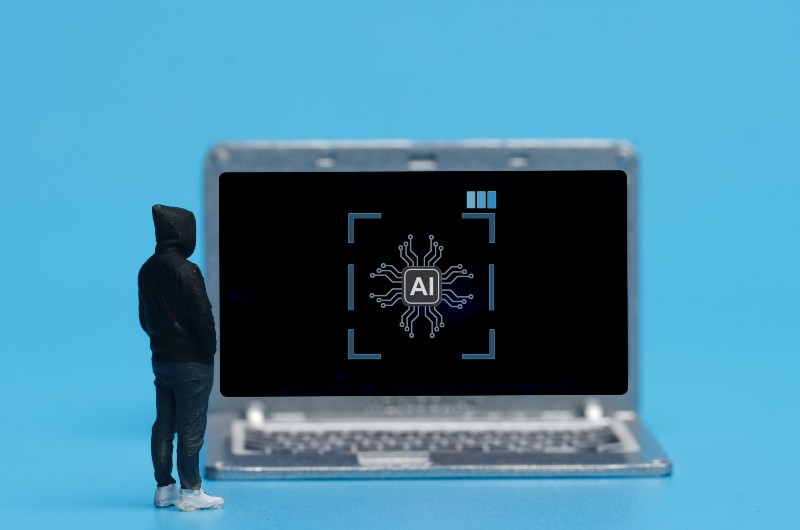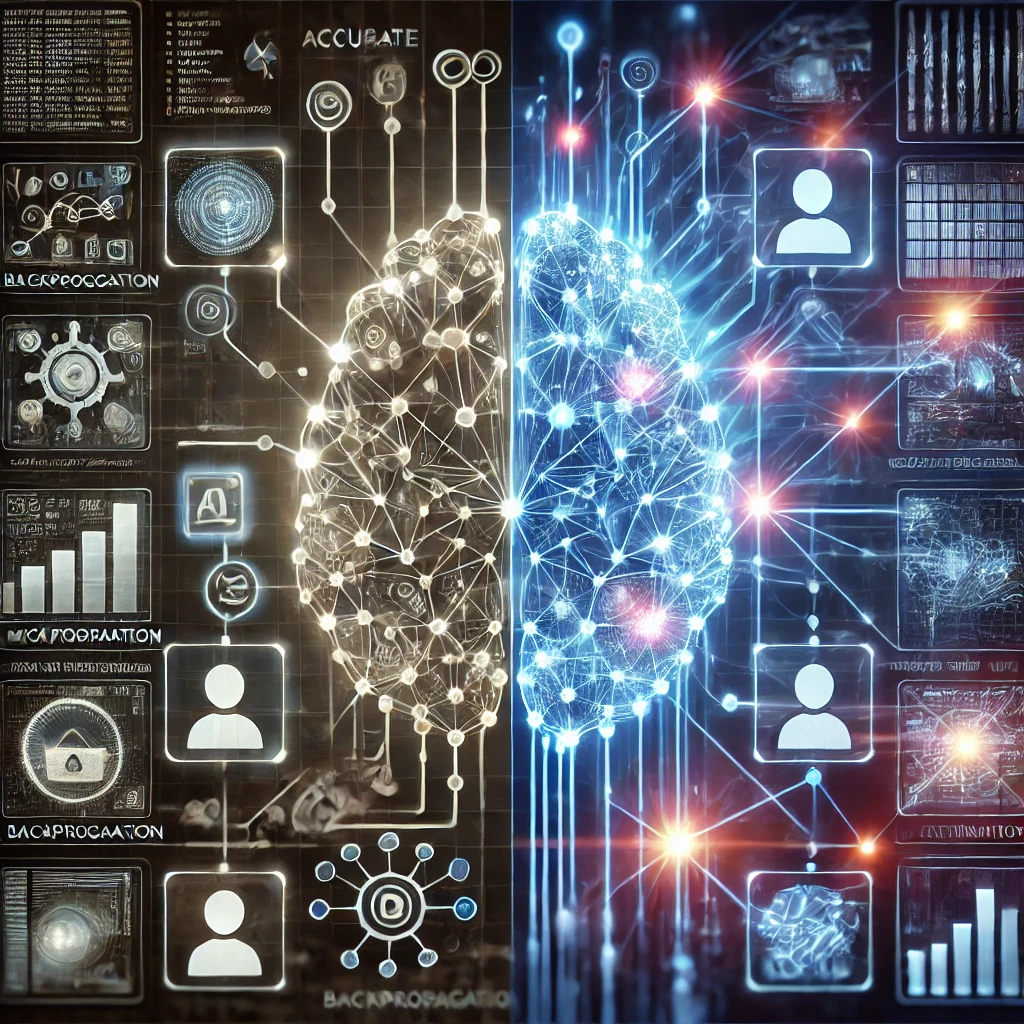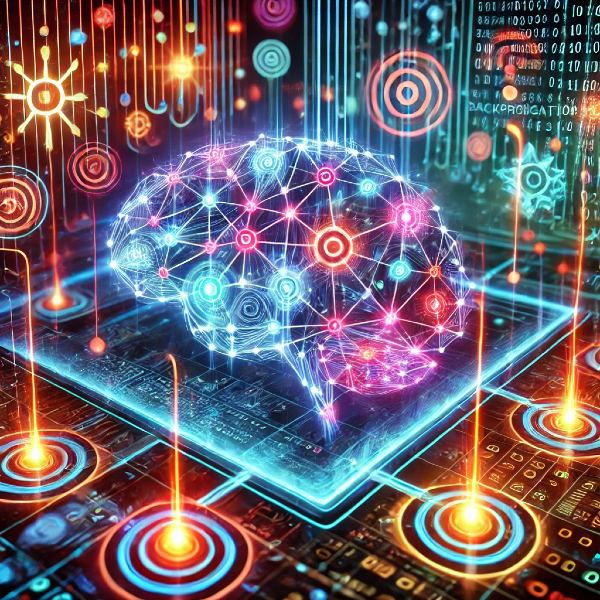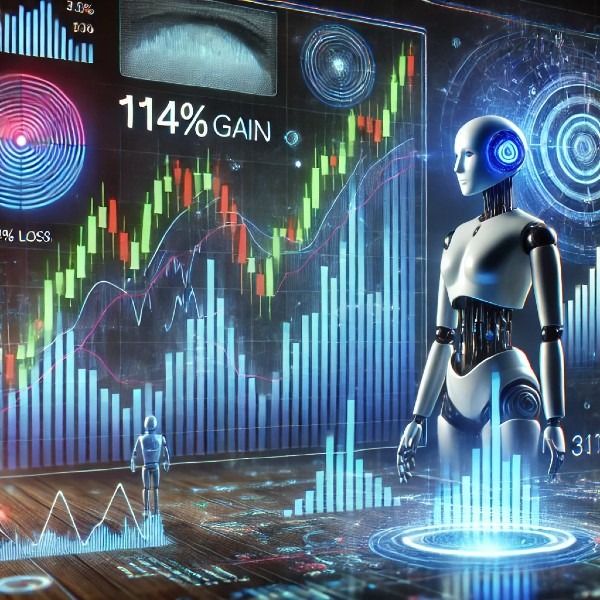Have you ever come across the term “Black Box AI” and wondered what it’s all about? Think of it as a magic box of technology where things happen inside that we can’t easily see or understand. Black Box AI refers to artificial intelligence systems where the process of how decisions are made is unclear or not transparent. It’s like having a robot that solves a complex puzzle but won’t explain how it did it.
In this blog post, which is crafted for easy understanding even for an eighth-grader, we’ll dive into how Black Box AI plays a role in various fields like healthcare, robotics, and the future of work. We’ll also touch upon its significance for tech enthusiasts. So, let’s unravel the mystery of Black Box AI and make it more approachable for everyone.
Healthcare and Black Box AI
In the healthcare sector, Black Box AI can seem like a mysterious doctor with amazing abilities. Imagine a system that can sift through mountains of medical data and identify patterns that assist in diagnosing diseases. It’s like having a doctor who can instantly figure out what’s wrong based on symptoms and tests but doesn’t explain the ‘why’ behind their conclusion.
The trust factor is crucial in healthcare when it comes to Black Box AI. If medical professionals and patients don’t understand how the AI reaches its conclusions, they might hesitate to trust its judgments. This scenario is particularly important in healthcare where understanding the reasoning behind a diagnosis or treatment can be as vital as the outcome itself.
Tech Enthusiasts and Black Box AI
For tech enthusiasts, Black Box AI presents a realm of endless fascination and curiosity. It’s the ultimate puzzle – a sophisticated technology that operates in ways even the most seasoned tech professionals might find hard to decipher. It’s like a complex video game where each level brings a new challenge that doesn’t have a straightforward solution.
These enthusiasts are often at the forefront of exploring, understanding, and demystifying Black Box AI. Their efforts are crucial in making this technology more transparent and comprehensible. By probing into the workings of Black Box AI, tech enthusiasts help bridge the gap between advanced AI technologies and everyday users.
Robotics and Black Box AI
In the world of robotics, Black Box AI is like giving robots a mind of their own, but not fully understanding how this mind works. Robots equipped with Black Box AI can make decisions, learn from experiences, and adapt to new situations. However, the intricacies of how they do all this can be hard to trace.
This aspect of robotics raises both excitement and concerns. On one hand, robots become more efficient and autonomous, capable of performing complex tasks. On the other hand, not knowing how exactly they make decisions can be problematic, especially in scenarios where safety and precision are paramount.
Future of Work and Black Box AI
As we look towards the future of work, Black Box AI stands as a significant and somewhat enigmatic player. It has the potential to revolutionize how work is done, automating complex tasks and providing insights derived from large datasets. However, the lack of transparency in how decisions are made can be a double-edged sword.
For workers and industries, adapting to a workplace where AI plays a major role requires not only a shift in skills but also an understanding of AI’s capabilities and limitations. The challenge lies in leveraging the power of Black Box AI while maintaining control, understanding, and trust in these systems.
Myths vs. Facts about Black Box AI
Myth 1: Black Box AI is infallible. Fact: Like any technology, Black Box AI can have limitations and can make mistakes, especially if it’s working with flawed data.
Myth 2: Only AI experts can understand Black Box AI. Fact: While complex, the basic principles of Black Box AI can be grasped by non-experts, especially as efforts to make AI more transparent continue.
Myth 3: Black Box AI will replace all human jobs. Fact: While it may change the nature of some jobs, Black Box AI is more likely to augment human work rather than replace it entirely.
FAQ on Black Box AI
What is Black Box AI? Black Box AI refers to AI systems whose decision-making processes are not easily understood by humans. It’s like a machine that can solve problems but doesn’t explain its process.
Why is Black Box AI important in healthcare? It can quickly analyze vast amounts of medical data, potentially leading to faster and more accurate diagnoses. However, the lack of transparency in its decision-making can be a concern.
What role do tech enthusiasts play in Black Box AI? They are often involved in exploring and demystifying this technology, helping make it more understandable and accessible to the general public.
How does Black Box AI impact robotics? It allows robots to make autonomous decisions and learn from their environment, but it also raises questions about predictability and safety in their operation.
What is the significance of Black Box AI in the future of work? Black Box AI could automate complex tasks and analyze large datasets, potentially transforming many industries. However, its adoption must be balanced with understanding and ethical considerations.
Google Snippets
- Black Box AI: “Artificial intelligence systems where the decision-making process is not transparent or easily understood by humans.”
- Robotics AI: “The application of artificial intelligence in robotics, allowing robots to perform tasks autonomously and adapt to new situations.”
- Future of Work: “Refers to ongoing changes in the labor market and work environment, influenced significantly by technological advancements like AI.”
Black Box AI Meaning: From Three Different Sources
- Technology Magazine: “Black Box AI refers to AI systems whose internal workings are opaque, making their decision-making process unclear.”
- Academic Journal: “Describes AI models where the rationale behind outcomes is not visible, raising challenges in trust and accountability.”
- Educational Resource: “AI systems that function effectively but do not provide transparency in how they process information or arrive at conclusions.”
Did You Know?
- The term “black box” originally comes from aviation, where flight recorders are known as black boxes because their contents are difficult to access and understand.
- Some Black Box AI systems can teach themselves to play and master complex games, but explaining their strategies can be challenging.
- The exploration of Black Box AI is not just about technology; it also involves ethical and philosophical questions about how much we should rely on machines.
In conclusion, Black Box AI represents an intriguing and complex aspect of modern technology. Its applications in healthcare, robotics, and the future of work, and its significance for tech enthusiasts, highlight both its potential and the challenges it brings. Understanding Black Box AI helps us appreciate its capabilities and prepare for its implications in various sectors. As we continue to explore and demystify Black Box AI, we can harness its benefits while being mindful of its limitations and the ethical considerations it raises.
References
- Explainable AI that uses counterfactual paths generated by conditional permutations of features. This method is used to measure feature importance by identifying sequential permutations of features that significantly alter the model’s output. The paper discusses the evaluation strategy of comparing the feature importance scores computed by explainers with the model-intern Gini impurity scores generated by the random forest, which is considered as ground truth in the study.
- Thinkful offers insights on how to address the “black box” problem in AI through Explainable AI (XAI) and transparency models. They discuss techniques like Feature Importance Analysis, Local Interpretable Model-agnostic Explanations (LIME), SHapley Additive exPlanations (SHAP), Model Distillation, and Decision Rules, which are designed to make AI models more interpretable and transparent. This is especially important in applications where decisions can have far-reaching consequences, such as healthcare or finance
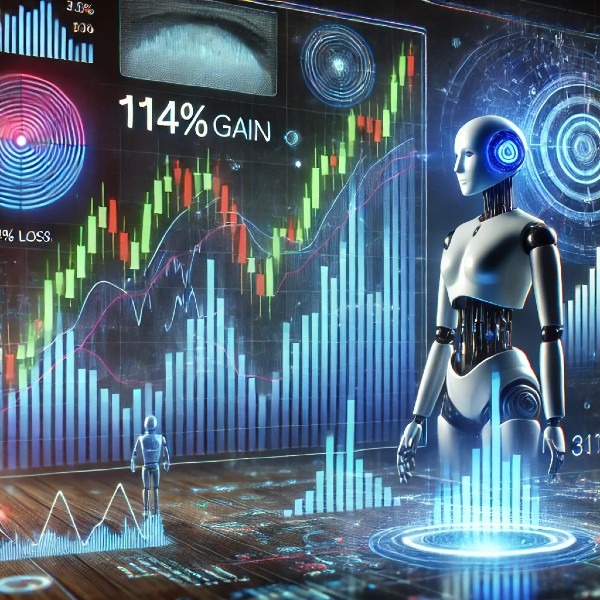
Trade Ideas Triumph: Holly’s CBRL and GRPN Short Calls Yield Spectacular Gains
